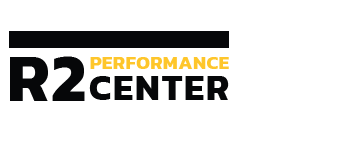

Put it in Perspective to Enhance Ethical Decision-Making
Have you ever been in a seemingly impossible situation and catastrophized? Catastrophizing is when you waste critical energy contemplating irrational, worst-case outcomes of a situation, which prevents you from taking purposeful action.
A lack of purposeful action can include risky decision-making, which is a symptom of a lack of ethical decision-making. When considering ethics, purposeful action is very important since it is easy to fall victim to poor ethics. You can use the skill of putting things in perspective to enhance your ethical decision-making practices.
Types of Catastrophizing
Catastrophizing typically occurs when a situation is ambiguous, something you value highly is at stake, you feel run down or depleted, you are afraid of the situation or it is your first time doing something. The three styles of catastrophizing are downward spiral, scattershot, and circling. All these styles create high levels of anxiety, decrease focus and increase helplessness.
None of those effects are helpful in making ethical decisions, as one needs to be calm, focused and able to take purposeful action when making sound decisions. But how do you get to a place where you can take purposeful action when you are catastrophizing?
Put it in Perspective
Allow yourself to entertain the worst-case thoughts. Let whatever comes up happen naturally. When you feel you’ve acknowledged the worst-case scenario or find yourself stuck in worst-case thinking, generate positive emotions. This could mean thinking of different positive outcomes, thinking of something that makes you feel grateful, looking at a photo of someone or something you love, or poking fun at yourself.
The point is to use whatever works for you and to ensure that you do not invalidate your worst-case thoughts. From there, identify the most likely outcomes, which are more realistic than either end of the spectrum, and develop a plan for dealing with those outcomes.
Why This Helps With Ethical Decision-Making
Since catastrophizing happens frequently in ambiguous situations, it can be difficult to take purposeful action when you don’t have all the facts. Take the time to gain perspective so you can take purposeful action.
Gathering the facts helps you evaluate alternatives to catastrophic thoughts. This will help you make the most ethical decisions by considering the situation in its entirety, rather than from one angle. If you don’t put the situation in perspective, it can prevent purposeful action and lead to poor ethical decision-making.
Resources
Download InfographicMORE SKILLS
